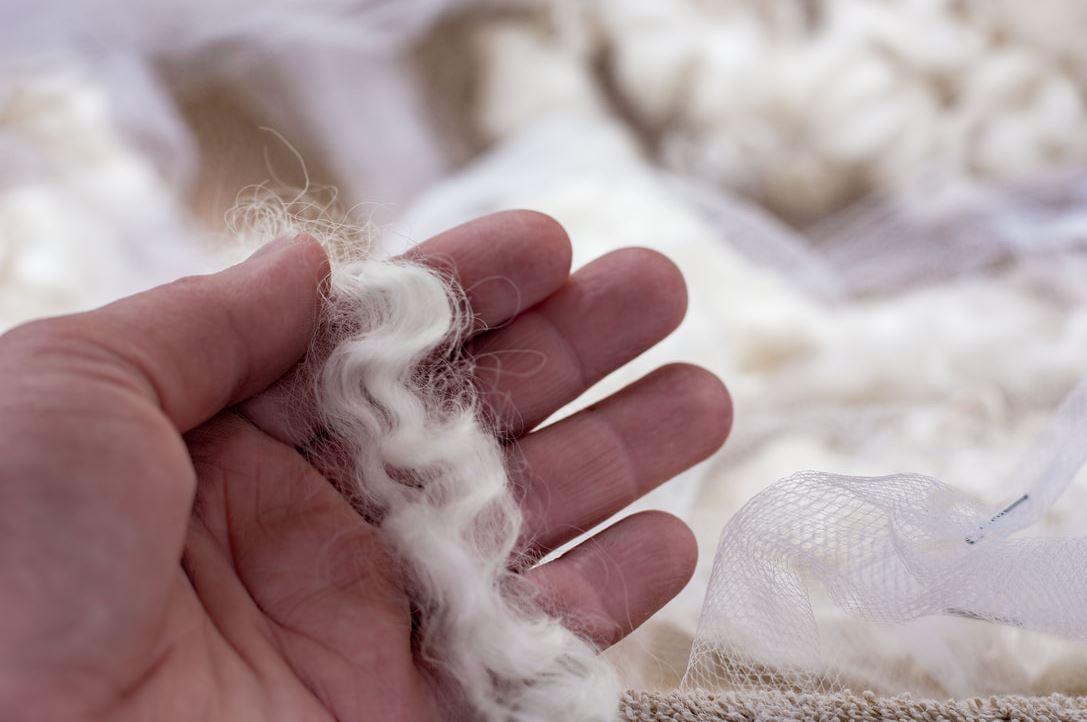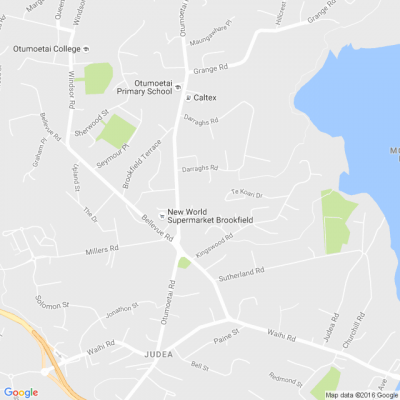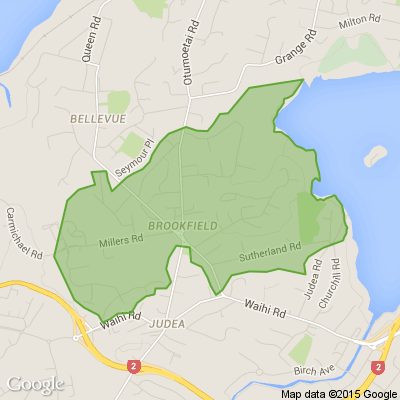The Green Side of Wool
We have a soft spot for sheep. For many, sheep are symbolic to New Zealand culture with the rearing of sheep being the backbone of the economy for many years.
Sheep farming was established in New Zealand by the 1850s and for several decades wool accounted for more than one third of New Zealand’s exports by value, with the sheep population peaking at just over 70 million in 1982.
This number is significant when compared to New Zealand’s human population of 5 million. By 2020 sheep numbers dropped to 26 million following a decline in profitability compared to other types of farming, particularly dairy.
While also farmed as a food source, today’s article focuses on sheep wool and its environmental attributes.
Wool is a natural and renewable resource and as long as our beloved sheep are eating our tasty green pastures they will always produce wool. Wool has amazing properties that make it ideal for many applications from home furnishings to underwear.
Cotton and synthetic fibres are currently the most commonly produced fibres globally, however, their performance and environmental benefits do not compare to wool.
From Wool to Yarn
The wool clip (the total yield of wool shorn during one season from the sheep) is sent to the scourers where it is cleaned and dried before being spun into yarn. The yarn is then sent to the textile manufacturer where many different processes are involved.
The yarn is wound onto dye cones to be dyed the required colours. Next the yarn is warped onto beams which are threaded through the loom, allowing the weft yarn to run across the warp and create a woven fabric.
The fabric is then inspected, washed, and dried. Very few chemicals are used in the processing, typically only water and heat.
Keep reading: www.curtainclean.co.nz...

🧩😏 Riddle me this, Neighbours…
I am an odd number. Take away a letter and I become even. What number am I?
Do you think you know the answer?
Want to stop seeing these in your newsfeed? No worries! Simply head here and click once on the Following button.

Bethlehem college fundraiser
Good afternoon, How are you all doing?
Bethlehem College is doing a last car wash fundraiser this Saturday to be able to send kids down to Twizel for the Maadi Cup National regatta.
If you would like to have your car, truck, motorcycle, boat, lawnmower or helicopter washed, please come down after 12am at the college.
Much appreciated, and please feel free to pass on this poster to everyone you may know.

Scam Alert: Bank cold calls
ASB is warning customers about reports of cold calls from scammers claiming to be from ASB. These scammers are trying to obtain personal information, including usernames, dates of birth, and verification codes sent to your mobile phone.
🛡️ The "Caller Check" Test
If you get a call from someone claiming to be from ASB and you’re unsure, just ask them for a Caller Check. You will then be able to verify the call through the app.
Remember, banks will:
❌ Never ask for your banking passwords, PINs, or verification codes
❌ Never need to know your full credit card number – especially the CVC
❌ Never ask you to download software or remotely access your device
❌ Never ask you to purchase gift cards or transfer funds.
If you have received a phone call and think your account has been compromised, call ASB on 0800 ASB FRAUD (0800 272 372), or visit your local branch.







 Loading…
Loading…










